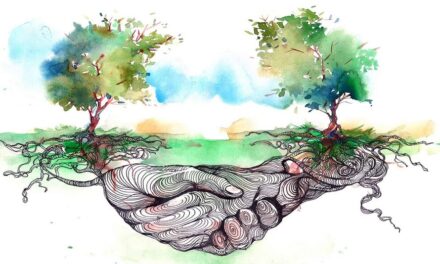Happiness and age are related, but not in the way you might think.
For the most part, our culture is youth-driven, so we assume that the young and beautiful also happen to be the happiest. Young people who have time on their side may appear happy, but the notion that they are happier isn’t necessarily true. Happiness actually may increase with age.
It may be unfathomable for some young people to think of their grandparents as being happier than they are, but research shows that Americans actually get happier as they age despite their health conditions and other problems that arise. Before we celebrate, though, let’s take a look at the evidence on aging and happiness.
Maybe they’re content with less? Maybe their happiness is based on material possessions? Maybe each generation has different expectations of happiness? Researchers needed to find a way around these kinds of problems.
Luckily, sociologists have consistently conducted more than 50,000 interviews since 1972 for the General Social Survey, a sociological survey conducted by the National Opinion Research Center at the University of Chicago. The survey, which is open to the public, provides a wealth of insights into our society and measures happiness over time.
By comparing individuals of different age groups over time within the same year, researchers were able to get around some of these limitations, and what they found is that happiness does increase with age .
As the media continue to warn us about the dangers of an aging America, keep this in mind: An aging America may be the happiest America we have ever seen. Perhaps this is because of the wisdom that comes with age or because older people adjust their expectations in life. Whatever the reason, there is solid evidence that older Americans are truly happier than younger ones.
- Exercise for more energy.
- Be social for healthy aging.
- Live long, have fun, play.
- Play games for brain fitness.
![]()


























